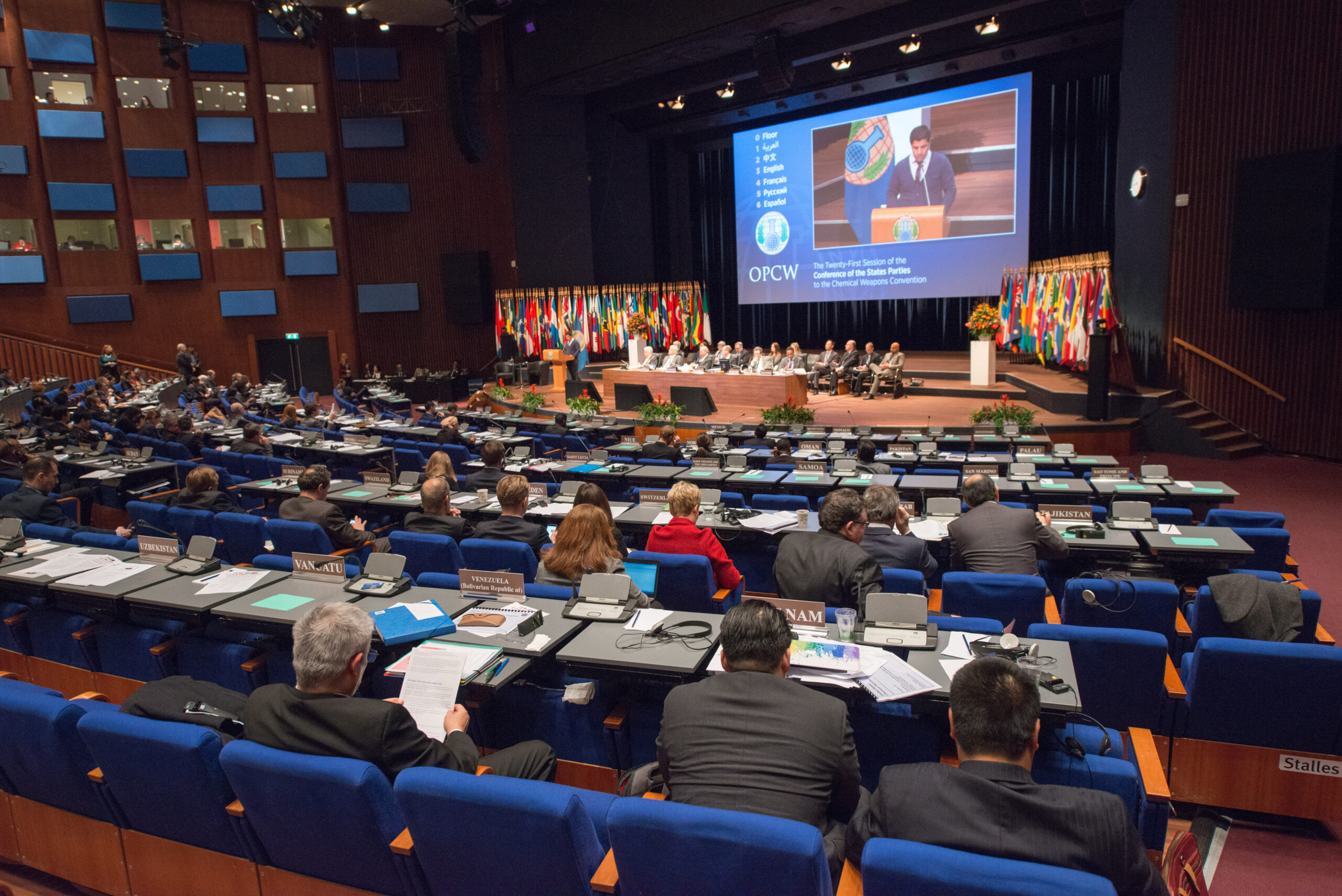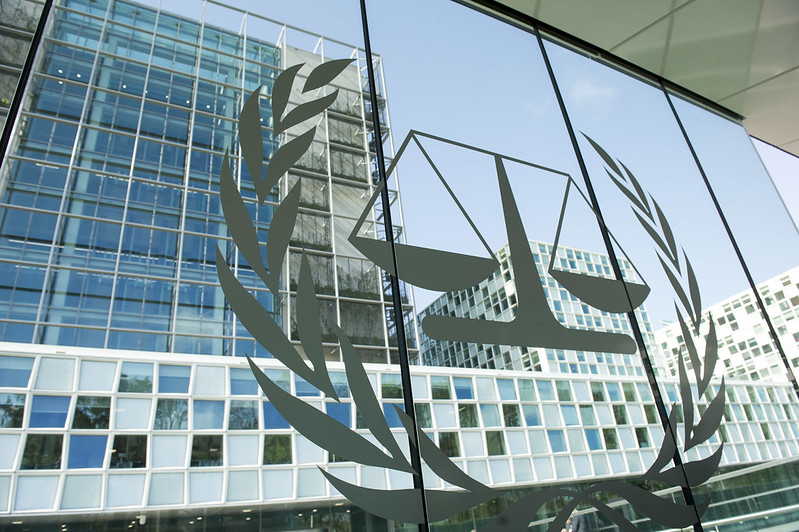On 4 December, IPS Senior Visiting Fellow of Practice Ambassador Stephen Rapp spoke at the ICC Assembly of States Parties about the need to set standards and systematise best practices in the collection, storage, and analysis of potential evidence of international crimes. Whether carried out remotely via open source investigations, or on the ground by UN Commissions of Inquiries and actors in the civil society, these documentations efforts would benefit of systematisation, especially when they are carried out for criminal accountability purposes.
His remarks built on work conducted previously by himself and IPS Executive Director Federica D’Alessandra aimed to make recommendations on how UN-supported inquiries and fact-finding missions, as well as civil society documentation efforts, can do no harm in the wake of, and rather contribute to, what Federica D’Alessandra has called an ‘accountability turn’. In 2016, Federica D’Alessandra was also the lead contributor to a Handbook on Civil Society Documentation of Serious Human Rights Violations that was recently formally endorsed by the International Criminal Court Office of the Prosecutor as the ‘best guidance currently available to actors in the civil society’. In 2017, Federica also contributed to efforts by the United Nations Security Council Counter-Terrorism Committee Executive Directorate to develop guidelines to facilitate the collection of battlefield information and evidence by military and other relevant criminal justice actors within a rule-of-law framework to bring terrorists to justice. Stephen and Federica are also currently contributing to a project, led by the Human Rights Center at Berkley, developing best practices for Open-Source Investigations (OSINT).
Photo Credit: Organisation for the Prohibition of Chemical Weapons. CC license available here.




